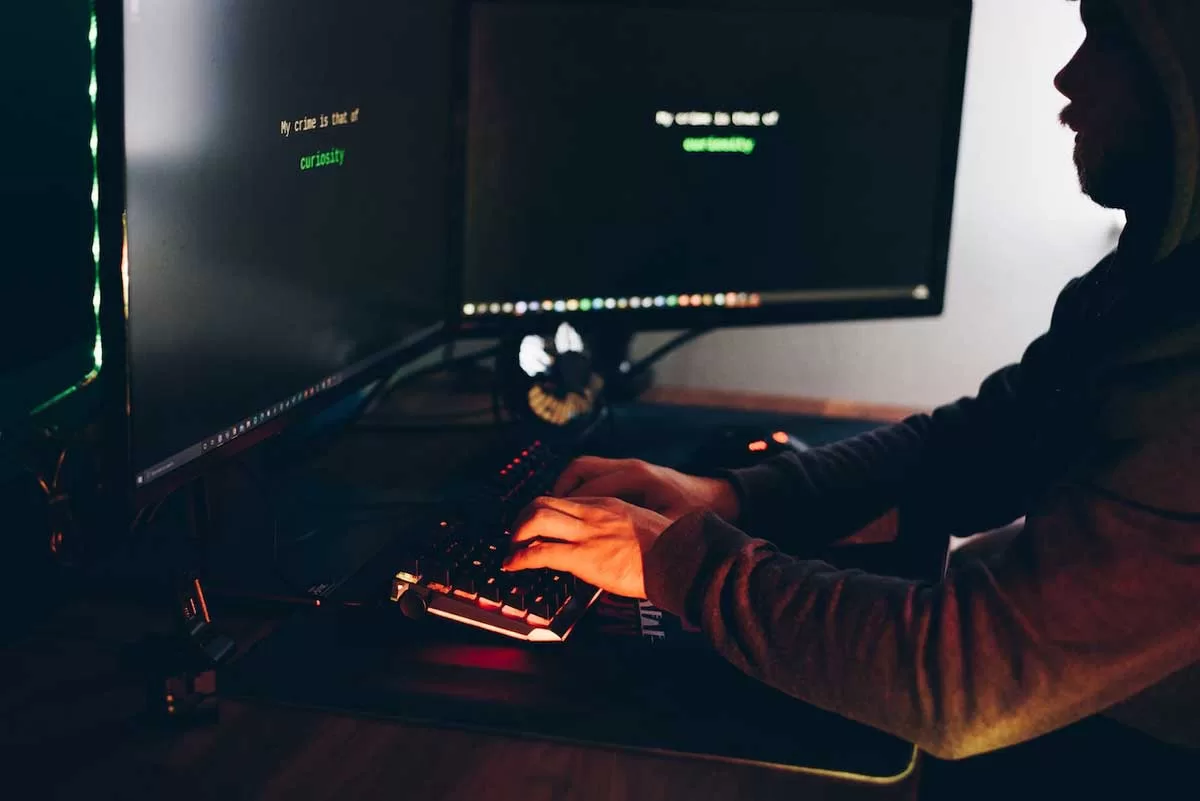One of the nongovernmental organizations taking part in the negotiations is Access Now, which defends and extends the digital rights of people and communities at risk around the world. Whilst the February session was still taking place at UN Headquarters, Raman Jit Singh Chima, the Senior International Counsel and Asia Pacific Policy Director for Access Now, stepped out to speak to Conor Lennon from UN News, to explain his organization’s concerns.
Raman Jit Singh Chima: This treaty needs to address “core cybercrime”, namely those crimes that are possible only through a computer, that are sometimes called “cyber dependent” crimes, such as hacking into computer systems, and undermining the security of networks. Clearly, these should be criminalized by states, with clear provisions put in place enabling governments across the world can cooperate with each other.
If you make the scope of the treaty too broad, it could include political crimes. For example, if someone makes a comment about a head of government, or a head of state, that might end up being penalized under the cybercrime law.
When it comes to law enforcement agencies cooperating on this treaty, we need to put strong human rights standards in place, because that provides trust and confidence in the process. Also, if you have a broad treaty with no safeguards, every request for cooperation could end up being challenged, not only by human rights advocates and impacted communities, but by governments themselves.
UN News: What has the mood been like in the negotiation room?
Raman Jit Singh Chima: Pretty grim. It was obvious that the process would not be completed by the end of this session, so the secretariat behind the negotiations [the UN Office on Drugs and Crime] circulated a resolution indicating that the process will be suspended, and requesting the Secretary-General’s support to carry forward negotiations later this year.
Actually, our biggest fear sometimes is that there’s too much agreement in the room on certain provisions; because of the accelerated pace of these negotiations, there is a desire to come to some sort of agreement, even if the language is not good, and even if it harms human rights.
Sometimes, as is natural, when you put Ministry of Justice officials and prosecutors together in a room, they all tend to agree, because they all want as many powers as they can with few safeguards. And that’s why we are in the room, not because we’re worried about the contestation and the politics, which are significant, but because we worry that there will be too much agreement to undermine human rights and lower due process standards.
UN News: Do you think that we will see a treaty at some point this year?
Raman Jit Singh Chima: I think that states want to see some sort of outcome, or at least not be seen to be spiking the process or harming it. But if the final product is not good enough, they may not sign it. In fact, a joint statement was put out by civil society, industry and technical experts, that says the current text of this treaty is not fit for purpose, and States should not sign it, or should not even tell the ad hoc committee to accept an outcome report if they go ahead with this current version of the text.
This discussion is taken from the latest episode of the UN’s flagship news podcast, The Lid Is On, which covers the various ways that the UN is involved in global efforts to make AI, and other forms of online technology safer.
